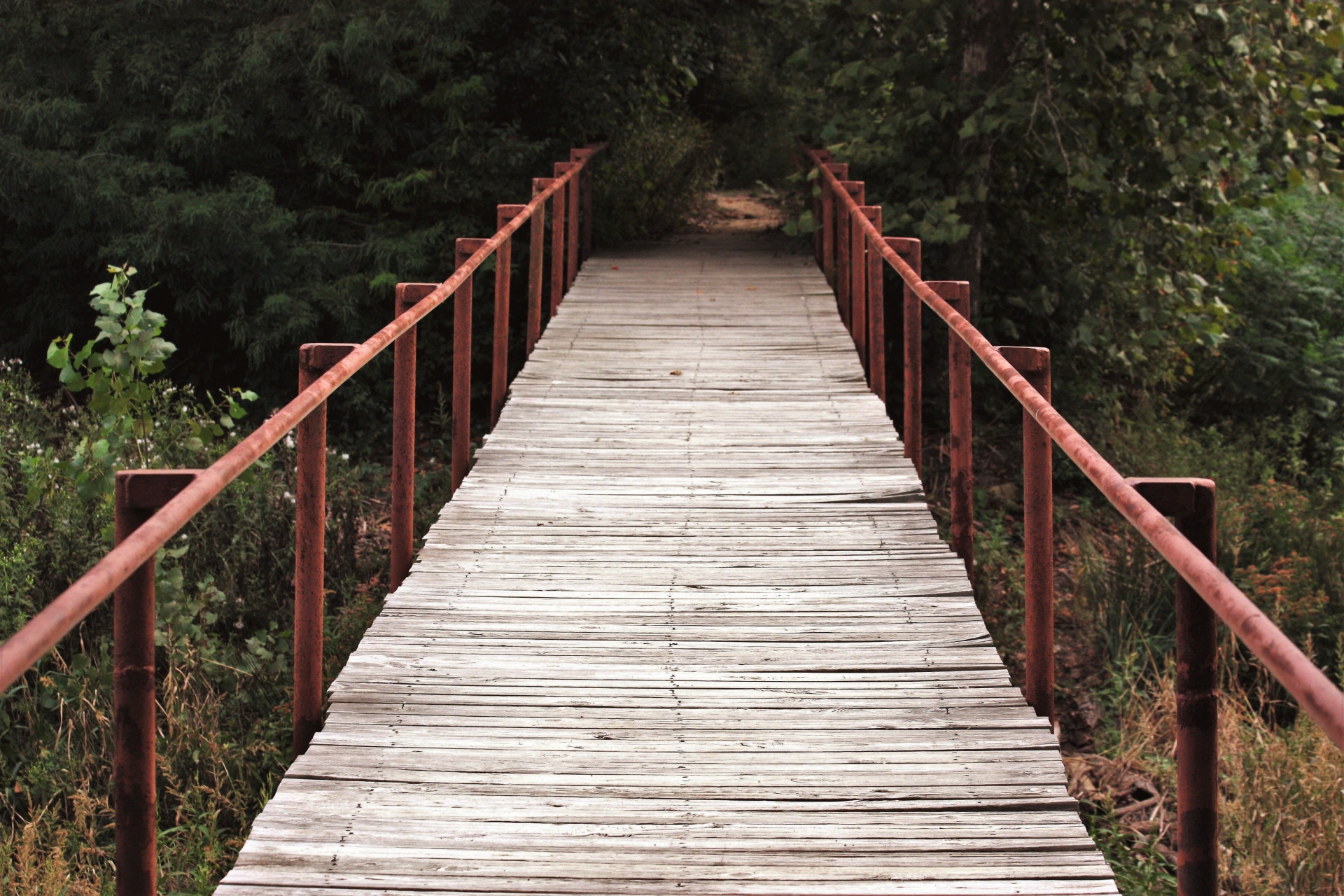This week’s portion is called Bemidbar, which means “in a desert”. In this portion, the Israelites are, you guessed it, in a desert. The Israelites are no longer slaves in Egypt, but they also don’t feel totally free yet. I mean, technically they are free but they’re starting to wonder if freedom was such a good idea. In Egypt, they were slaves but they also had a consistent source of food and a sense of knowing what they were meant to do. Now, food was harder to get and they were faced with trying to figure out who they were and what they were meant to do. For the first time in their lives, their destiny was their own to choose. We see the Israelites enter a stage of self-discovery. They split up into tribes based on their families, each tribe gets its own job, and G-d assigns a census taker to each tribe.
All of this is a bit terrifying, good, but terrifying. Put yourself in their shoes for a moment. They went from being unknown slaves to being somebody. They’ve just been thrown into the deep end and are trying to not only stay afloat but swim to the other side.
Does this sound familiar? I’m sure a lot of us can relate to this feeling. You get a similar feeling post-graduation. On the one hand, graduating has been something you have been looking forward to for years. But, being a student has been a bit of a security blanket. You know who you are, a student, and you know your purpose, to learn. But once you graduate, all of that changes. You are thrown into the “real world” with little to no direction. You’re in this weird transition period. It’s time to figure out who you are and what your purpose is whether you’re ready for it or not. Adulthood, here you come.
How did the Israelites get in this situation in the first place? Moses, with the help of others, stood up to Pharaoh and got the Israelites out of Egypt. He didn’t really know what he was doing, and he didn’t understand why he was chosen. However, he knew that what he was being asked to do was right for both him, and the people. He knew that he had to do the work to help protect others. He stood up for them in Egypt and he continues to stand up for them along the way. Moses wasn’t the perfect spokesperson – his brother, Aaron, had to do the speaking for him. Despite this, he did what he could, when he could.
Even in our times of transition and self discovery we can stand up for others. Like Moses we can stand up for those who need it and make change, even if we feel like we can’t. Our current situation can make us feel even more helpless. Even though we can’t go to rallies or marches at the moment, we can still donate our time and money to the efforts we believe in. If you have the time, feel comfortable, and are feeling healthy you can donate blood! Especially now, the Red Cross is experiencing shortages across the country. Food banks are also in great need. If you can, pick up an extra can of veggies or an extra box of pasta on your next trip to the grocery store. In addition to these, you can share posts on social media that bring awareness of issues. One of the best ways to fight for others is to share their stories. Be a Moses – do what you can. You don’t know how much of an impact you can have.
Another way you can fight for others is to vote! While many states have already had their primary elections, there is still PLENTY of time to register to vote for the 2020 Presidential Election. Use your voice!
Just like the Israelites go through a census this week, the 2020 Census is still open. If you haven’t already, fill it out! It’ll help decide how money is allocated for many years to come. It’s as easy as filling out the form on this website.
Amanda has been reading Witness: Lessons from Elie Wiesel’s Classroom by Ariel Burger. Here’s a quote from that book we’d like to leave you with, “…the more rooted in my identity, the more I can be there for others.”
Stay safe and wash your hands,
Amanda & Marissa





